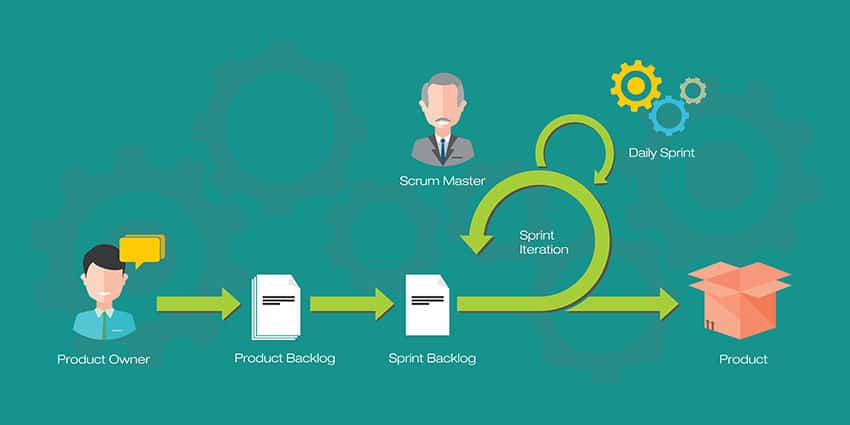Companies and managers who subscribe to the lean philosophy spend a significant portion of their time and effort trying to boost productivity of their teams.
Whether it’s through limiting work in progress, incentivizing performance or other methods, lean leaders are continuously attempting to keep employees constantly productive. But forcing everyone’s nose to the grindstone every second of every day isn’t necessarily a good thing, and can actually do more harm than good.
This time when team members sit idle is often referred to as slack — and managers seem a little too obsessed with squashing any and all slack in their business.
However, a little slack isn’t a bad thing. And here’s why.
Stop Starting, Start Finishing
One of the biggest mistakes managers often make when their workers face idle time is assigning them a bevy of new tasks to complete. This knee-jerk reaction actually goes against one of the biggest tenets of lean management: limiting work in progress.
Rather that divvying out new assignments to fill a team member’s spare time, consider creating a swarm workflow system. This is a concept that dictates that workers look at a project’s workflow as a whole, see where there are backlogs, and “swarm” to any bottlenecks in the system to help those workers complete their tasks. This swarm system maintains those integral WIP limits while also unclogging problematic areas in your workflow.
Time For Maintenance
Keeping throughput and workflows moving efficiently along is an art more than an exact science — similar to having a vehicle. Just as you can’t spend all your time adding new rims and upgrading your car, you can’t just keep your workers every moment filled with completing new projects. A little time should be spent on basic maintenance (like oil changes and those pesky tire rotations).
So during that slack time, instead of dishing out a new project to start, get your team to spend a little time on “maintenance” tasks, whether that be servicing machinery, updating or organizing digital archives, etc.
Time For Reflection
In our knowledge economy, many of the workers we hire these days are paid to think, be creative and for their problem-solving capabilities. But if we mentally burn them out by forcing them to grind out tasks 24/7, then there’s no time for them to reflect on their work.
The process of reflection, or looking at completed tasks for possible improvements, is an integral part of a project’s life cycle. If there’s no time to look back at projects and reflect on any mistakes or problem areas in processes, then it’s difficult to work toward the lean tenet of continuous improvement.
The Bottom Line
Trying to boost productivity on your team is a positive endeavour that can directly affect your company’s bottom line. However, it obviously isn’t fruitful to sacrifice a little idle time on the altar of productivity. Better to have a little slack in the system than burn out your most important assets: your team.






